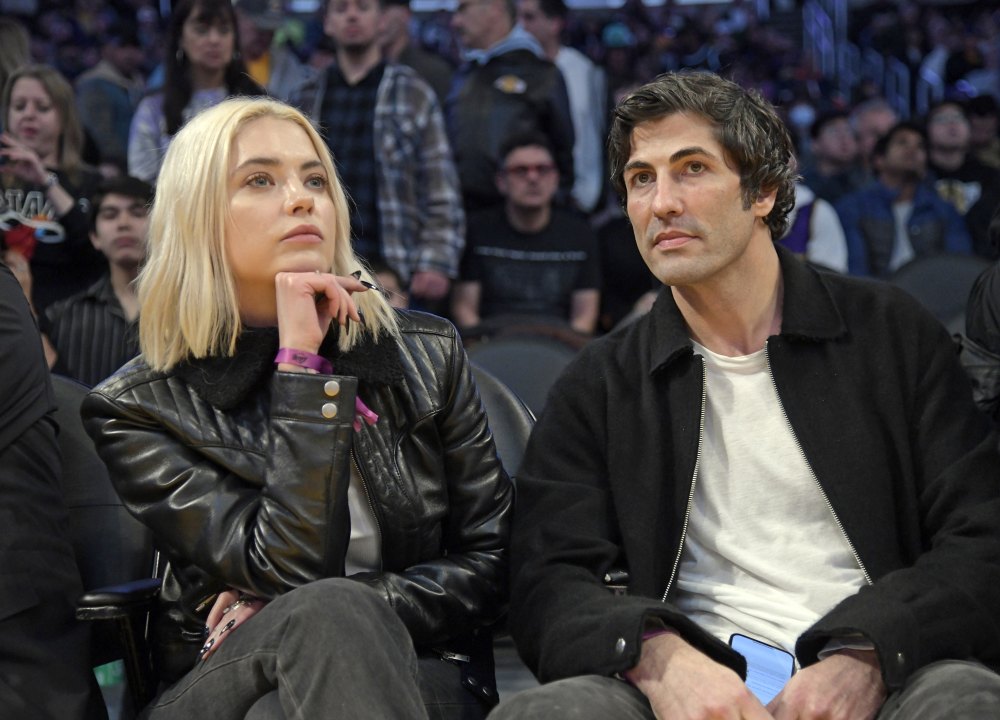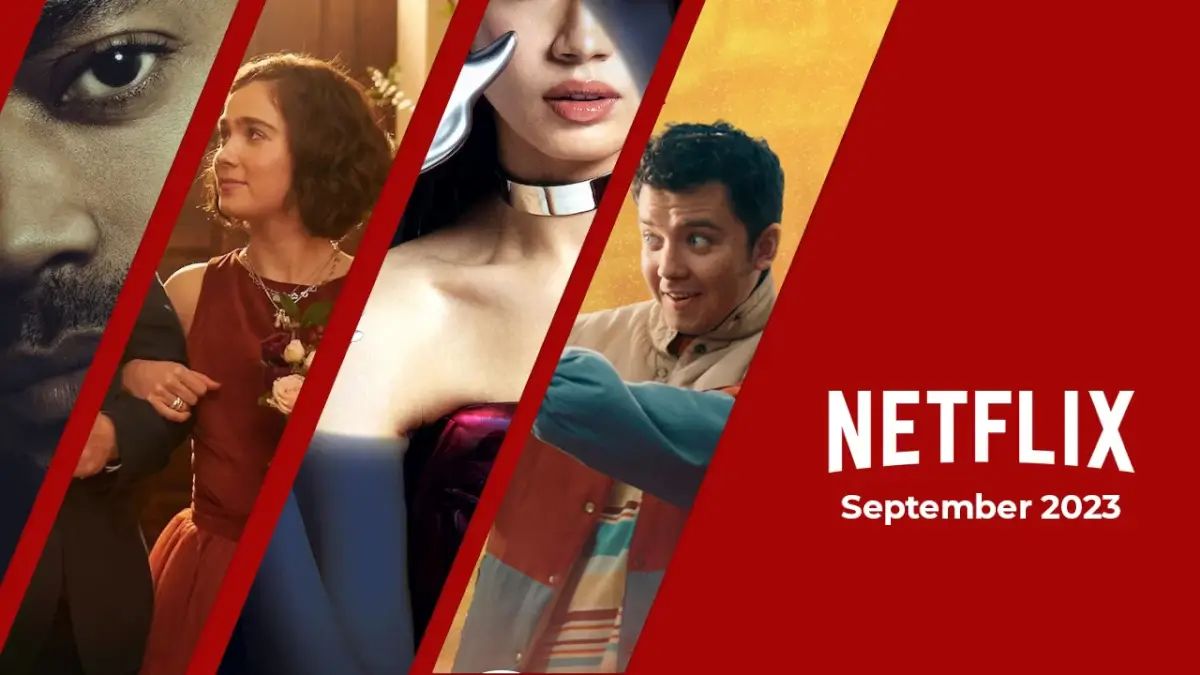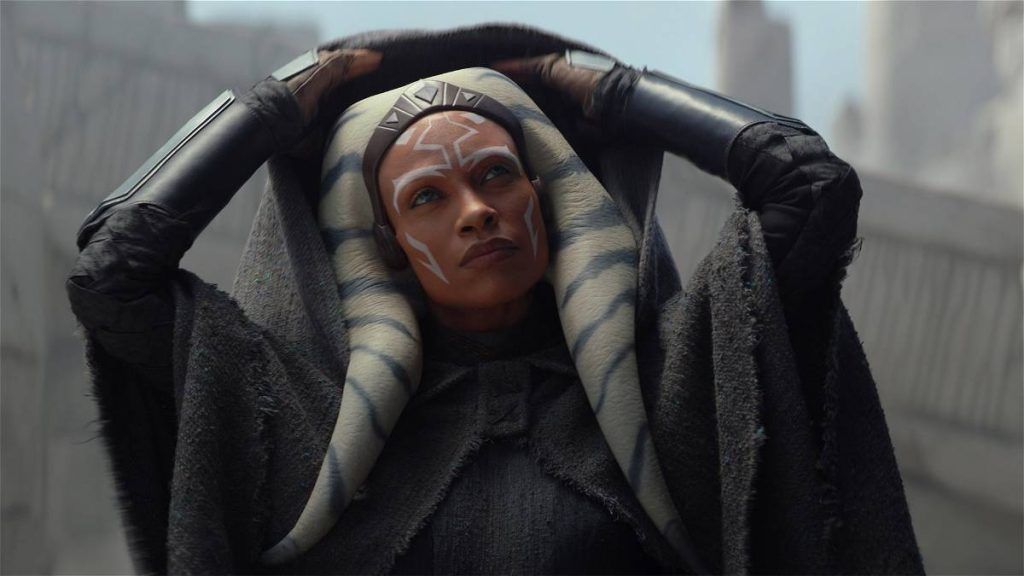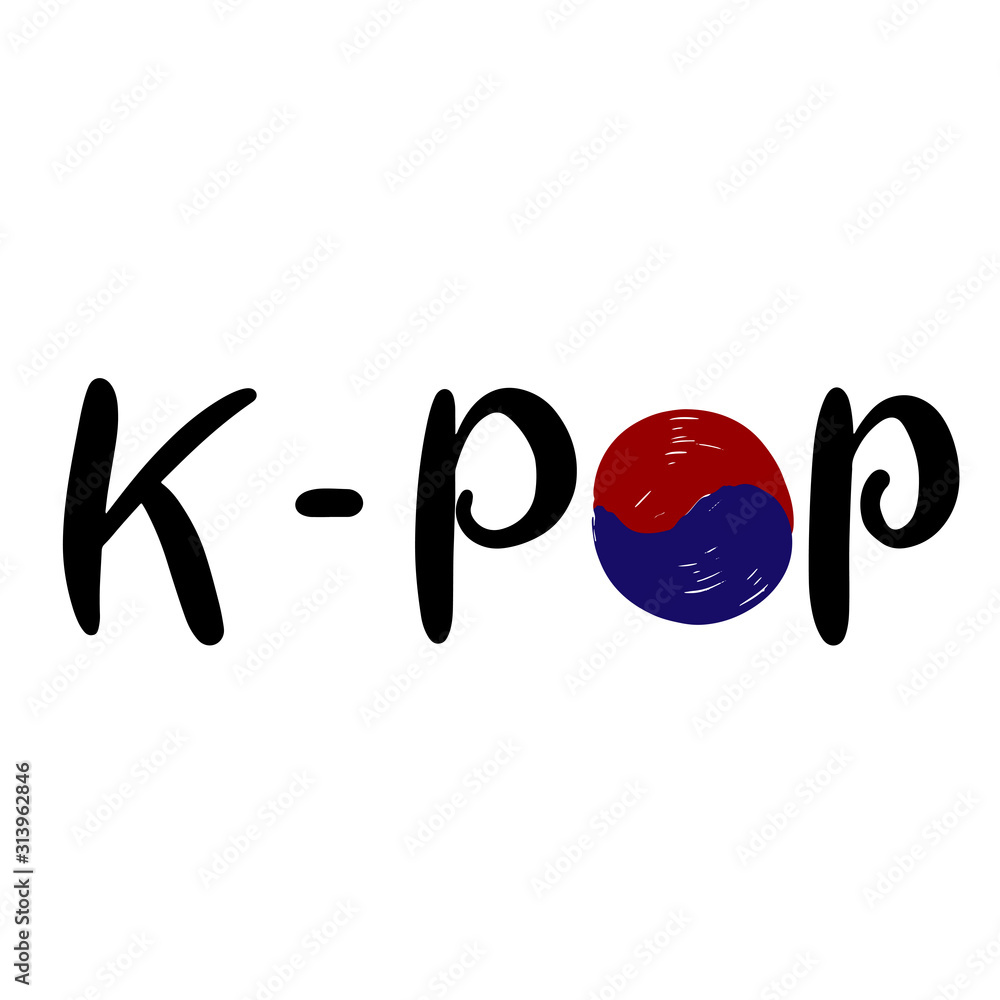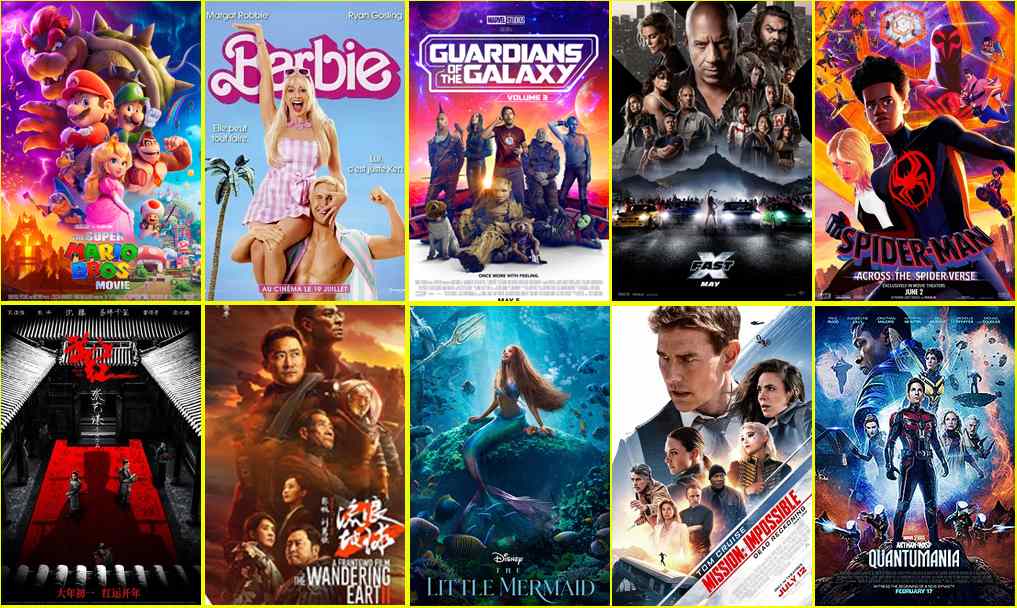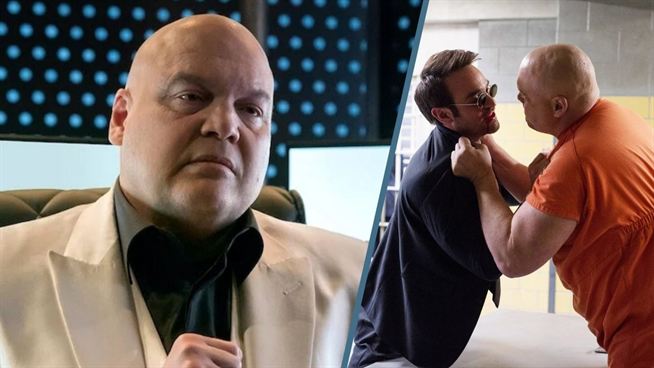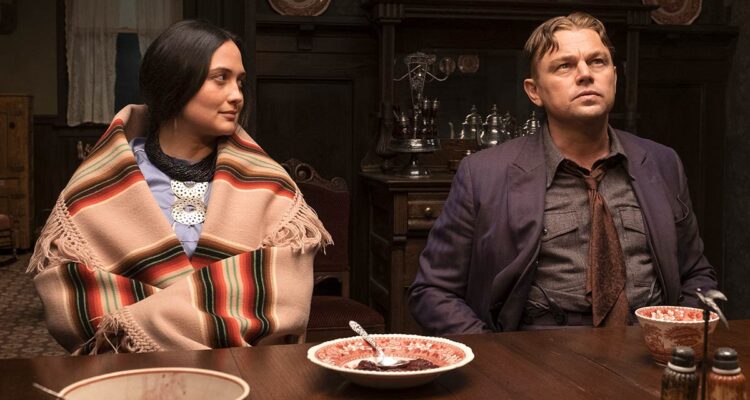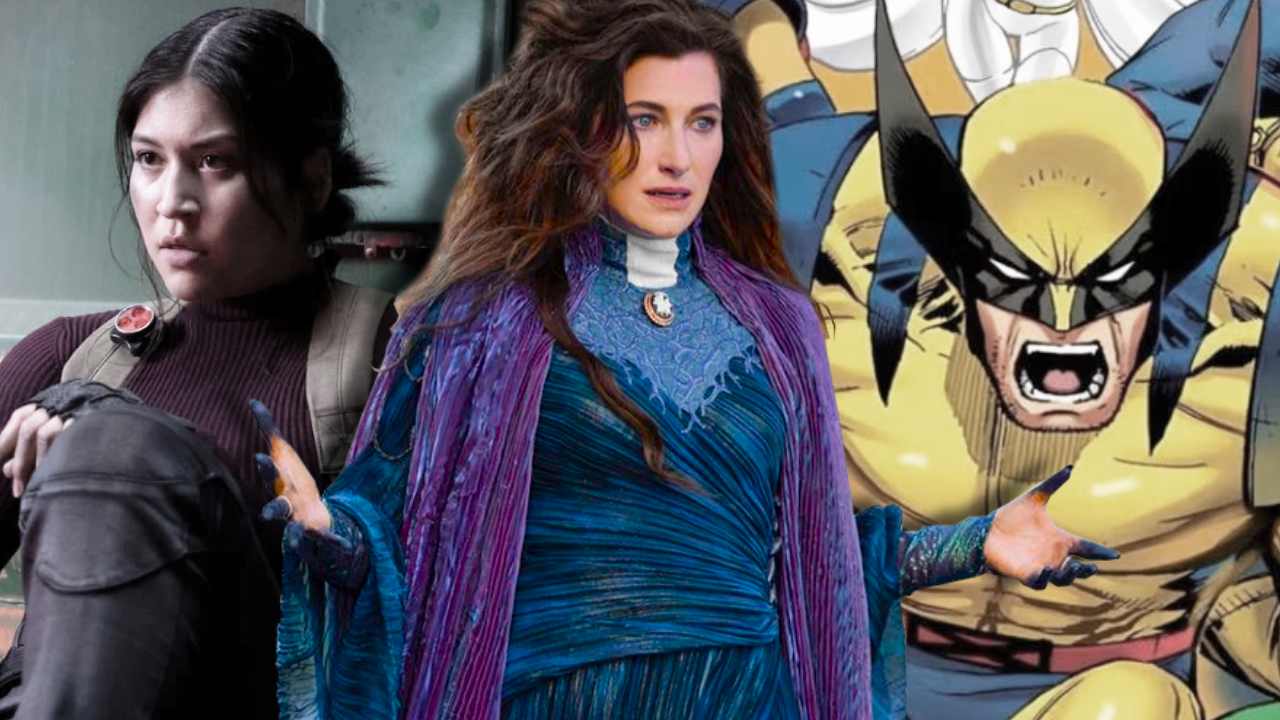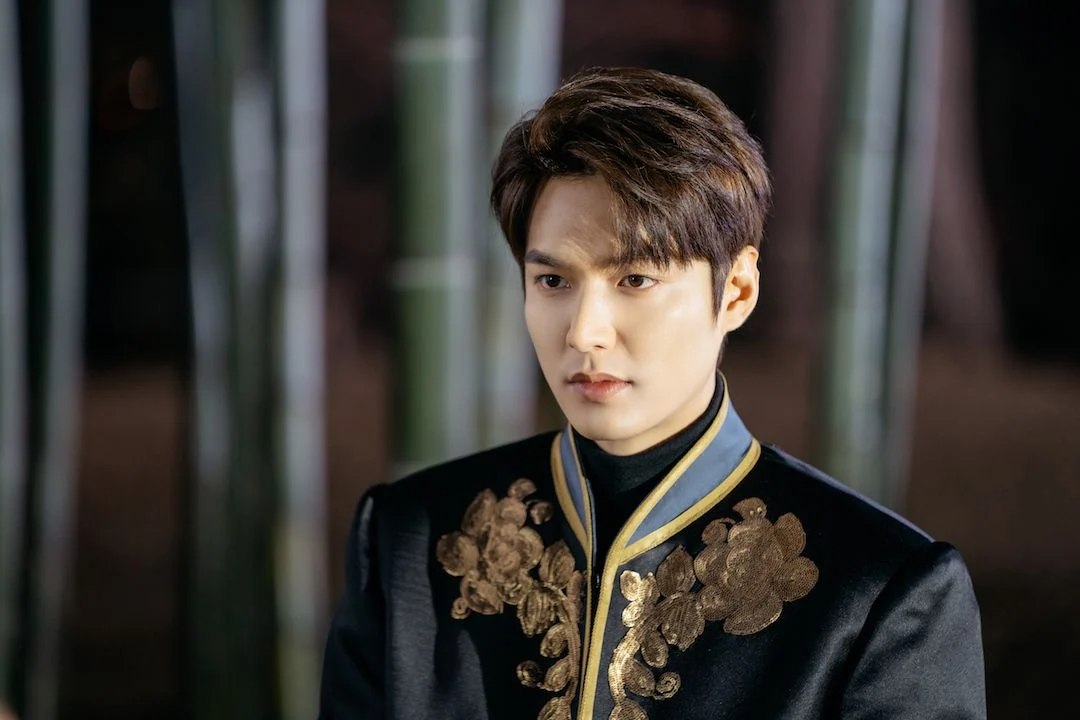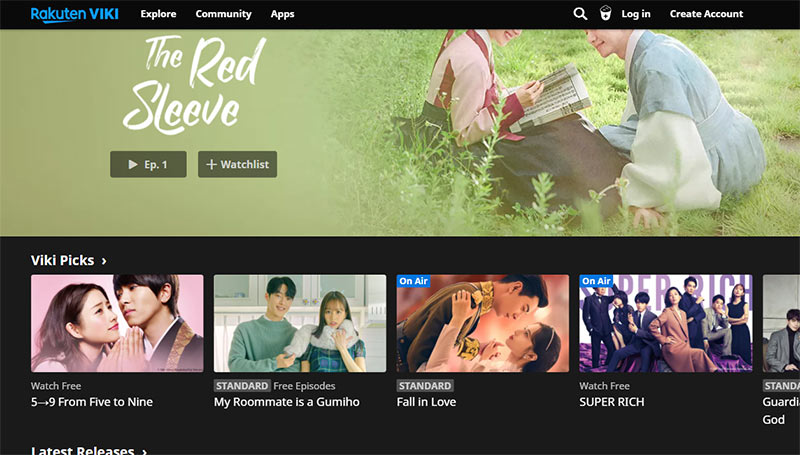Napoleon Movie Review, Ratings, Key Points, Analysis And Impression
Ridley Scott’s much-anticipated war epic, “Napoleon,” has finally graced theaters and Apple TV+, promising an immersive dive into the tumultuous life of the iconic French military leader. Brimming with technical prowess and intense battle sequences, the film, however, grapples with weaving a cohesive narrative around Napoleon Bonaparte. Let’s dissect the review, ratings, key points, analysis, and overall impressions of this monumental cinematic venture.
Review: A Visual Spectacle Unraveled
“Napoleon” bursts onto the screen, spotlighting Scott’s unparalleled craftsmanship through breathtaking battle sequences that demand attention. The Siege of Toulon in 1793, with its graphic detail, emerges as a visual spectacle, laying the groundwork for the film. Joaquin Phoenix, portraying Napoleon, adds a human touch during this sequence, revealing nerves and vulnerability amid the chaos.
As the narrative unfolds, it becomes clear that David Scarpa’s screenplay endeavors to encapsulate Napoleon’s sprawling life within a single runtime. Unfortunately, this ambition results in a narrative lacking the emotional depth needed to connect pivotal events. Vanessa Kirby’s portrayal of Josephine, while promising, falls short of infusing the film with the beating heart it craves.
The film heavily leans on the letters exchanged between Napoleon and Josephine, aiming to infuse passion into the narrative. However, the promised emotional resonance remains sporadic, leaving audiences yearning for a more profound exploration of their intricate relationship. The film’s reluctance to delve into the intimate aspects of Napoleon and Josephine’s life undermines its potential for a compelling character study.
Ratings: A Mixed Bag of Acclaim
Despite narrative shortcomings, “Napoleon” has garnered mixed but generally positive reviews. As of the latest ratings, it holds a 78 percent approval on Rotten Tomatoes, based on 27 reviews, and a 70 percent score on Metacritic from 19 reviews. The film’s epic scale, gripping battle scenes, and ambitious storytelling receive acclaim, though some critics express reservations about its length and occasional narrative disjointedness.
Key Points: Navigating Brilliance and Challenges
Technical Brilliance:
“Napoleon” dazzles in technical prowess, with Scott orchestrating breathtaking visuals and meticulously choreographed battle scenes. The film’s grandeur and scale cement its status as a noteworthy historical war epic.
Performances:
Joaquin Phoenix’s portrayal of Napoleon is commendable, showcasing a nuanced performance balancing ruthless ambition with vulnerability. Vanessa Kirby adds depth to Josephine, yet the film fails to fully capitalize on their on-screen chemistry.
Narrative Challenges:
The film grapples with a sprawling narrative, attempting to cover pivotal moments in Napoleon’s life within a limited runtime. This results in a rushed and superficial exploration of historical events, hindering the overall storytelling experience.
Analysis: Balancing Ambition and Narrative Depth
While “Napoleon” excels in visual storytelling and technical brilliance, narrative shortcomings prevent it from reaching its full potential. The film’s focus on epic battles sidelines character development, leaving a void in the storytelling. Scott’s ambition is evident, yet the film falls short in providing a cohesive and engaging narrative that complements its visual splendor.
Impression: A Grand Epic with Reservations
In conclusion, “Napoleon” emerges as a spectacle-filled action epic, capturing the grandeur of Napoleon Bonaparte’s journey. However, it falls short of delivering a fully immersive and emotionally resonant experience. Fans of historical war epics may relish its technical achievements, but those seeking a profound exploration of Napoleon’s character may be left wanting.
As “Napoleon” continues its theatrical run and gears up for its Apple TV+ release, it remains a film sparking conversations. Its strengths and weaknesses solidify its place as a notable entry in the historical epic genre.
Historical Accuracy and Cinematic Liberties: Navigating the Past
Unraveling the Complexities:
“Napoleon” attempts a cinematic exploration of historical events, from the French Revolution to battles like Austerlitz and Waterloo. Striking a balance between historical accuracy and cinematic liberties becomes evident, questioning the trade-off between authenticity and accessibility.
Political Intrigues and Societal Landscape:
The film delves into Napoleon’s strategic maneuvers and societal impact, offering a comprehensive view of his multifaceted legacy. Critics, however, argue that the broad scope occasionally lacks depth in exploring critical moments, calling for a more thorough examination.
Performances and Character Dynamics: A Theatrical Ballet
Phoenix and Kirby’s Chemistry:
Joaquin Phoenix’s portrayal captures the complexity of Napoleon, navigating ruthlessness and vulnerability. Vanessa Kirby’s dynamic interplay adds layers to the narrative, yet the challenge lies in balancing the epic scale with intimate character dynamics.
Humanization Amidst Epic Battles:
The film’s strength lies in humanizing Napoleon, portraying him not just as a historical figure but as a man with flaws. While Phoenix’s restrained performance contributes to this humanization, the film occasionally falls short in exploring Napoleon’s psyche.
The Impact of Length and Pacing: A Cinematic Race
A Race Against Time:
With a runtime of two hours and 38 minutes, “Napoleon” faces the challenge of maintaining a compelling pace. The film’s ambition to cover pivotal moments results in occasional pacing issues, potentially hindering in-depth exploration.
The Challenge of Historical Compression:
As a cinematic exploration, “Napoleon” grapples with historical compression, distilling years into a digestible narrative. While providing a broad overview, it faces criticism for sacrificing depth for historical coverage.
The Film’s Place in Historical Epics: Scott’s Vision and Reception
Scott’s Vision and Ambition:
Ridley Scott’s vision positions “Napoleon” within historical epics, showcasing grand storytelling and visual spectacle. Yet, the film’s departure from Scott’s usual depth raises questions about the evolving landscape of historical epics.
Critical Reception and Audience Expectations:
As “Napoleon” navigates its release, critical reception shapes audience expectations. Mixed reviews highlight perspectives on its merits and shortcomings, contributing to discussions about the challenges of historical narratives in cinema.
In conclusion, “Napoleon” sparks conversations on historical accuracy, character dynamics, pacing challenges, and the evolving landscape of historical epics. Its strengths and weaknesses contribute to a broader dialogue about the delicate balance needed when translating historical events to the screen.


